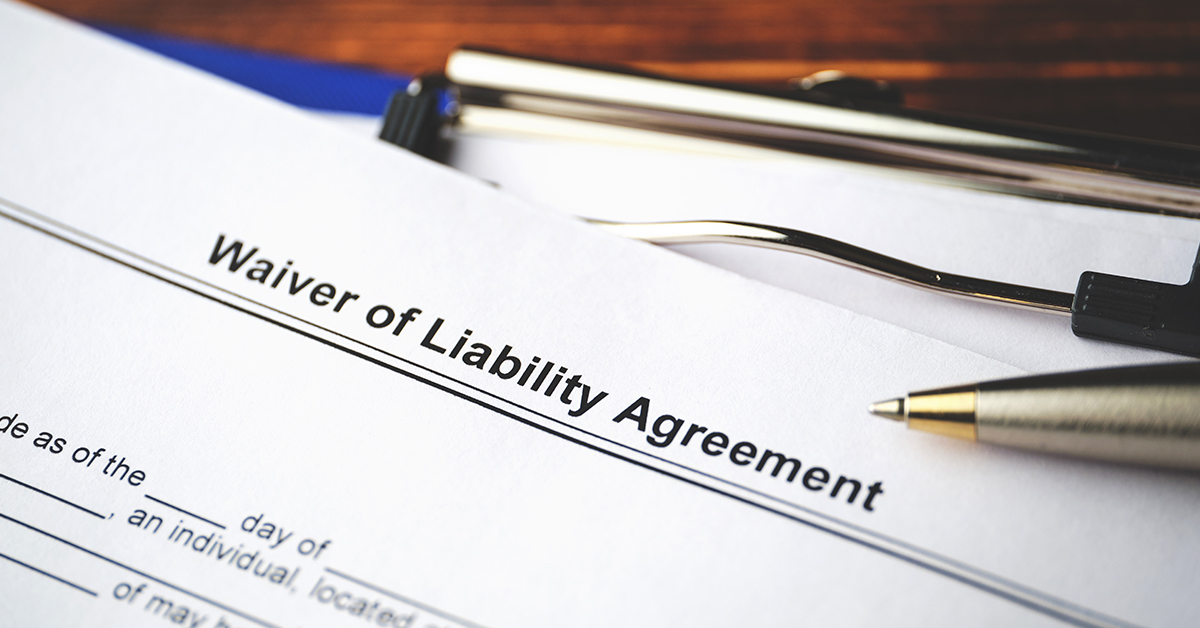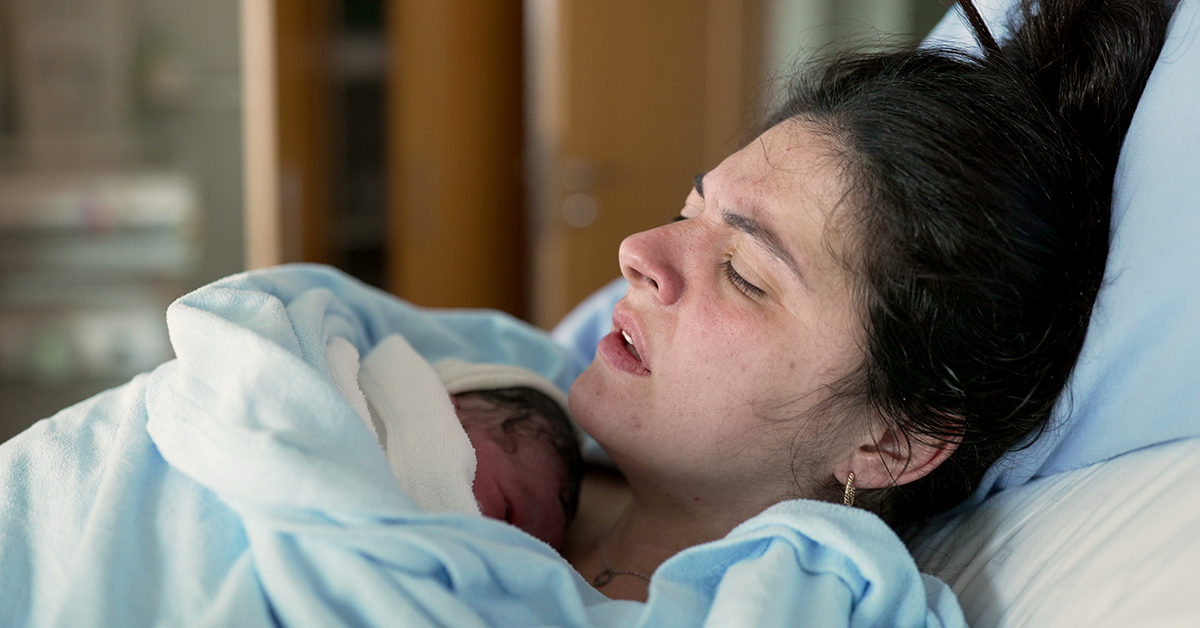Even when a customer has signed a waiver, they may still have grounds to seek financial compensation after being injured in an accident.
It is not uncommon for amusement parks and other such businesses to require that guests sign waivers releasing the business from any liability should a guest be injured on their property or while using their products/services. In fact, many such businesses now essentially build waivers into the process of purchasing a ticket.
You might assume if you are injured after signing a waiver that you have no legal recourse. This is not necessarily the case. Depending on various factors, even if you have already signed a waiver, you may still be eligible to recover financial compensation for medical bills, lost wages, and other such losses resulting from an accident.
The Purpose of a Waiver: What You Need to Know
Waivers may come in a variety of forms. Common examples include the following:
- Waiver of rights
- Release of liability
- Waiver of liability
- Assumption of risk
- Agreement to hold harmless
This is not an exhaustive list. Generally, though, businesses ask customers to sign waivers so that customers will officially agree to give up certain assumed rights. One such right a waiver may ask a customer to relinquish is the right to take legal action if they are injured while using a business’s products or services.
Massachusetts Businesses That Use Waivers
Types of businesses that may protect themselves with waivers include (but are not necessarily limited to) the following:
- Amusement parks
- Gyms/fitness centers
- Recreational facilities
- Businesses whose products/services naturally involve a customer assuming a degree of risk, such as parasailing or skydiving businesses
- Daycare centers
Recovering Compensation After Signing a Waiver in Massachusetts
If you’ve been injured after signing a waiver, don’t immediately assume there is no possibility that you can recover financial compensation for your losses. It’s best to review your case with a legal professional. Experts at our Boston personal injury law firm can help you better understand what your options may be in the circumstances.
It can sometimes be possible to receive compensation for an injury even after a waiver has been signed due to such factors as:
Negligence
A valid waiver will not protect a business or individual from being found liable if someone who signs a waiver was harmed as a result of unreasonable gross negligence.
For example, perhaps you go to an amusement park and sign a waiver stating you understand that some of the attractions in the park can potentially cause injury to riders. When signing a waiver, however, it may be reasonable of you to assume that the amusement park’s owners/managers have taken all reasonable steps to prevent accidents from happening.
Perhaps you are injured on a ride because it was not properly maintained. In this case, you might have grounds to file a claim or lawsuit seeking compensation. Because you were injured as a result of gross negligence, or recklessness, the waiver you signed might not protect the company.
It can sometimes be possible to receive compensation for an injury even after a waiver has been signed
Invalid Waiver
Not all waivers are valid. Arguments that a waiver is not valid and should therefore not be admissible in court include:
- The waiver does not meet standards established under Massachusetts law
- A waiver did not properly represent certain facts (such as a waiver that indicates an amusement park’s attractions are properly maintained when this is not actually the case)
- A “waiver” consists merely of an oral agreement that has not been documented sufficiently
- The waiver was signed by a minor
- The waiver does not apply to wrongful death actions
The Waiver Does Not Apply to Your Accident
The specific manner in which you are injured after signing a waiver can play a major role in determining whether you have grounds to seek compensation. To return to a previous example, maybe you have signed a waiver upon entry to an amusement park that protects the park from liability should you be injured while riding a properly-maintained attraction.
Perhaps the accident which causes your injuries does not occur while you are on a ride. Maybe your accident is a slip and fall that happened because park ownership did not take adequate steps to identify and eliminate hazardous conditions on the property. Because the waiver specifically applied to injuries sustained on a ride, it might not apply here.
The main point to understand is that signing a waiver is not a guarantee that you cannot recover compensation after being injured in an accident. At Swartz & Swartz, P.C., our Boston personal injury attorneys are on hand to review your case and let you know if you can pursue compensation despite the fact that you signed a waiver before being harmed. Learn more about how we can help by contacting us online or calling us at (800) 545-3732 Today.
Need Help?
If you or someone you know, needs help from a lawyer, contact the law offices of Swartz & Swartz, use our live chat, or send us a message using the form below and we’ll get in touch to assess your case and how we can help.
Keep Reading
Want more? Here are some other blog posts you might be interested in.




